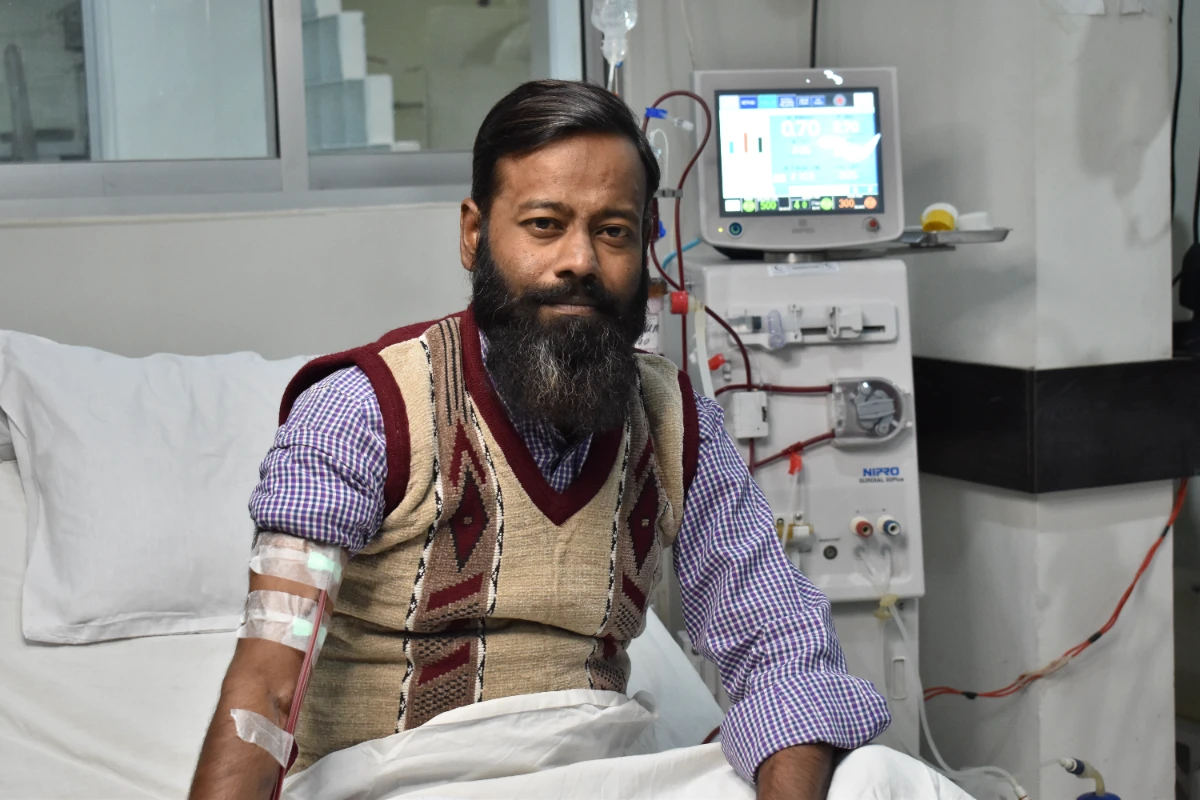Dialysis is a medical procedure that removes waste products, toxins and excessive fluid from the body when the kidneys are no longer able to function properly. Kidney is an organ which functions to remove excess fluid and waste. Need for dialysis can occur as a result of kidney failure, chronic kidney disease, or other medical conditions that affect the kidneys. Hence, when your kidneys fail to work, you are dependent on dialysis procedure permanently for your life or either you opt for Kidney transplantation.
Types of Dialysis
There are multiple types of dialysis procedures but the main types are hemodialysis or peritoneal dialysis. Hemodialysis involves removing blood from the body, filtering it through a machine, and returning it to the body. Peritoneal dialysis, on the other hand, uses the lining of the abdomen to filter the blood.
Hemodialysis
During hemodialysis, a vascular access point is created, usually in the arm or leg, to allow the blood to be removed. The blood is pumped through a dialysis machine, which uses a semipermeable membrane to filter out waste products and excess fluids. Then the cleaned blood is then returned to the body through the vascular access point.
The process takes 3-4 hours and during the time
Peritoneal Dialysis
Peritoneal dialysis, on the other hand, involves the insertion of a catheter into the abdomen. A special fluid, called dialysate, is then introduced into the abdomen through the catheter. The dialysate stays in the abdomen for a prescribed period of time, during which it absorbs waste products and excess fluids from the blood. The dialysate is then drained from the abdomen and discarded.
Conclusion
Both types of dialysis have their advantages and disadvantages, and the choice of which method to use will depend on the individual patient’s medical condition, lifestyle, and preferences.
In addition to the physical challenges of dialysis, many patients also experience emotional and psychological distress related to their diagnosis and treatment. It is important for healthcare providers to address these issues and provide support to patients and their families.
While dialysis can be life-saving for people with kidney failure, it is not a cure for the underlying condition. Dialysis must be continued on a regular basis for the rest of the patient’s life, or until a kidney transplant becomes available.
